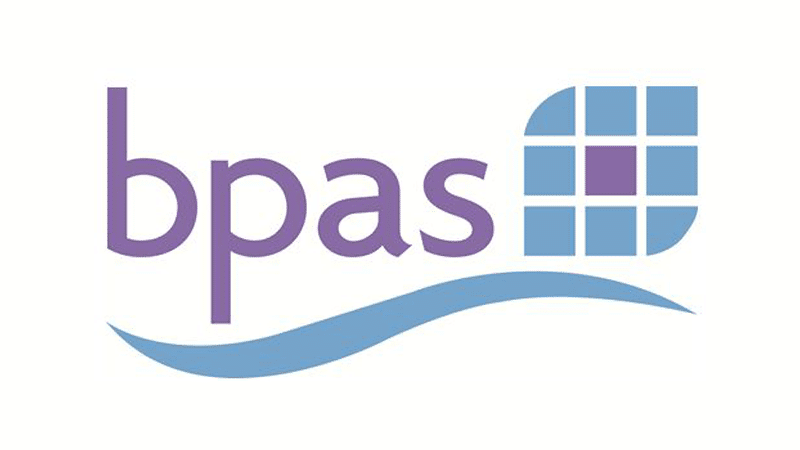Pro-life events have been banned outside another London abortion clinic.
Richmond councillors unanimously approved a Public Spaces Protection Order (PSPO) outside the British Pregnancy Advisory Service (BPAS) building in Twickenham.
The ban prohibits ‘any form of interaction’ relating to abortion with those attending the clinic.
Intolerant
The Society for the Protection of Unborn Children (SPUC) described the decision as the “latest example of official intolerance towards pro-lifers”.
They said there was no evidence that pro-lifers had behaved inappropriately, and that Richmond Council had been unable to substantiate allegations of harassment.
Clare McCullough of the Good Counsel Network told SPUC that she offered to reduce the vigil to just one person with a leaflet offering help, but this was refused.
Dismay
Mothers who have received help outside clinics have expressed their dismay.
Alina Dulgheriu said: “What kind of society criminalises help and limits the choices available to vulnerable women?
“I met a lady outside of an abortion centre at the most desperate time in my life, when I had no one to turn to for help. All I was offered by the abortion centre was an abortion, and yet these kind strangers gave me the support I needed to continue with my pregnancy.”
She added: “If it wasn’t for the support that I was given that day, my beautiful daughter would not be here”.
Disproportionate
Richmond adopted the method used by Ealing Council, the first local authority in the country to ban pro-life vigils.
Home Secretary Sajid Javid has refused to introduce nationwide buffer zones, saying it “would not be a proportionate response, considering the experiences of the majority of hospitals and clinics”.
“In this country, it is a long-standing tradition that people are free to gather together and to demonstrate their views. This is something to be rightly proud of”.
Last May, a letter signed by free speech groups including Index on Censorship said Ealing’s ban was “so widely drawn as to impose potentially unlawful restrictions on the rights of freedom of assembly and freedom of expression”.

